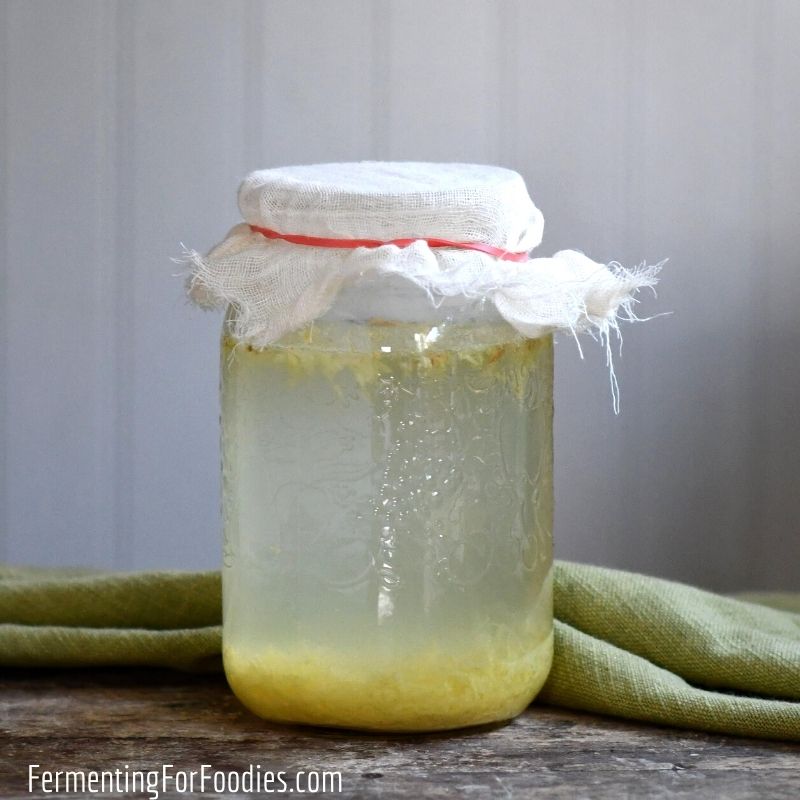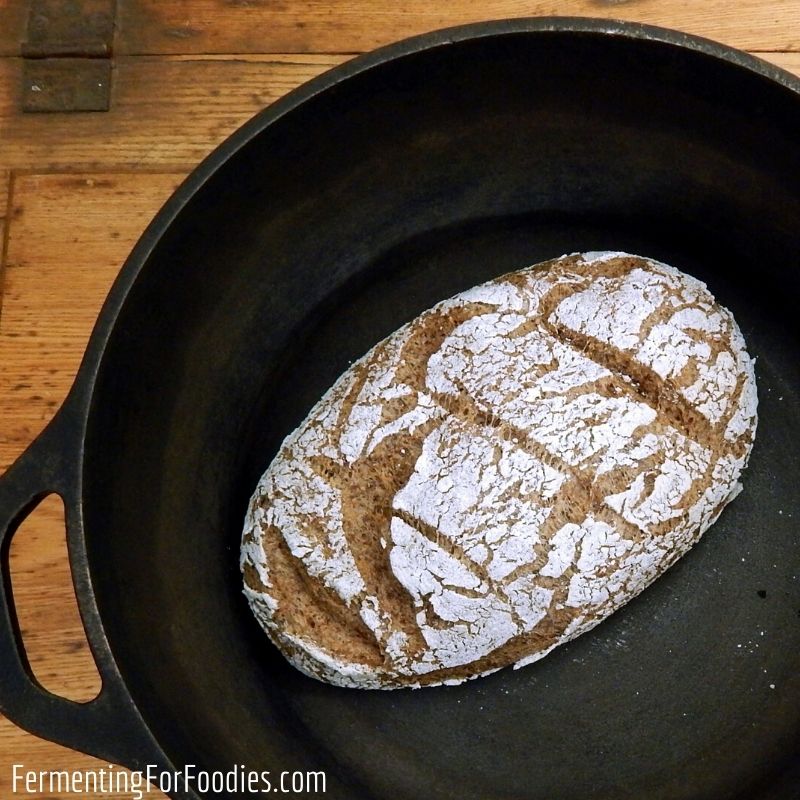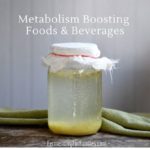Want to boost your energy and maintain a healthy weight? Here’s how to use diet to kick-start your metabolism with probiotic and fermented metabolism-boosting foods.

Metabolism is how your body converts food and beverages into energy. A slow metabolism burns fewer calories, so excess food is converted into fat.
What affects your metabolism?
Metabolic rate is influenced by a number of factors:
- Age: Metabolic rate generally peaks at about 10 years old. After that, it continues to drop with age. So the older you are, the slower your metabolism is.
- Gender: Testosterone increases metabolism, so males usually have a higher metabolic rate than females.
- Exercise: Regular, strenuous exercise will increase your metabolic rate. So if you want to boost your metabolism, start exercising for at least 30 minutes a day.
- Diet: A healthy diet will naturally increase metabolic rate.

Metabolism Boosting Diet
It is possible to boost your metabolism by following a healthy diet. Here are some diet changes that can kick-start your metabolism:
- Eat Protein: Protein requires more energy to digest, so it naturally boosts your metabolism.
- Avoid Sugar: Sugar decreases your metabolism. So swap sugar and other sweeteners for naturally sweet fruit.
- Regular Meals: Fasting lowers your metabolic rate. It’s better to eat 5 small, healthy meals a day than 1 large meal.
- Healthy Microbiome: Healthy gut bacteria are linked to a faster metabolism. So eat lots of prebiotic and fermented foods to feed your gut.
- Other foods, like hot peppers, apple cider vinegar, coconut oil, and ginger, can increase metabolism and help with weight loss.
10 Metabolism Boosting Fermented Foods
A healthy diet with lots of fiber, protein, and fermented foods will help you boost your metabolism.
Here are 10 delicious recipes that will help increase your metabolism. Since gut health happens to be my thing, these recipes are also prebiotic or probiotic, and good for gut health!

- Apple Cider Vinegar: If you want probiotic cider vinegar, buy a brand that is unpasteurized and contains a mother.
- Cultured Coconut Cream: Cultured coconut milk is a rich, creamy, and probiotic alternative to yogurt.
- Homemade Hot Sauce: Make your own hot sauce with your favorite varieties of hot peppers.
- Pickled Eggs: Salt-brined eggs are the perfect snack, high in protein and already perfectly seasoned.
- Kimchi: This popular Korean condiment is full of hot pepper, ginger, and probiotics. It’s also great for adding a burst of flavor to most meals.
- Rustic High Fiber Bread: This sourdough bread contains only 1 cup of flour, along with high fiber psyllium husk and ground flax.
- Seedy Crackers: Flax seed crackers are high in fiber and protein.
- Miso Cultured Hummus: Legumes have metabolism-boosting properties. And this simple hummus recipe is always popular.
- Tempeh: Tempeh is a gluten-free and vegan protein that can be made from beans, lentils, or sunflower seeds. It’s a great way to get more legumes into your diet.
- Ginger Beer: Homemade ginger beer is probiotic and packed full of ginger. The longer it ferments the less sweet it becomes, making it a good alternative for anyone trying to kick a soda pop habit.



hi Emillie-
Thanks for your expertise and heart as a fermentation enthusiast!
Quick question: can I use pickle juice as a starter culture for the fermented egg recipe on your site? I made the pickles myself– they are naturally lacto-fermented of course : ). I may have stuck my hand in the jar once or twice, but the ferment is nice thick and cloudy. I do have some Bragg’s ACV — would that work?
thanks again for your time and lovely website!
You can use the pickle juice or Bragg’s ACV. They both should work fine. I haven’t tried cucumber pickle juice, (just other vegetables) but it sounds yummy. Bragg’s is great for fermenting. Enjoy!
Hi Emilie, could you please develop what you hear by ”metabolic rate” and what does it engage, when you write ”Testosterone increases metabolism”. Thank you so much. Lucas
Hi Lucas, my background is more neuroscience… but I’ll see what I can do to answer your questions. Metabolic rate is the amount of energy we use over time. This can be measured in the amount of calories burned, oxygen consumed, etc. For example, your resting metabolic rate is lower than when you’re exercising.
In terms of daily life, our metabolic rate relates to how much energy we have, weight gain, whether we are usually hot or cold, etc. Testosterone is a hormone that naturally increases the metabolic rate. It’s why men usually run warmer than women. Cheers, Emillie